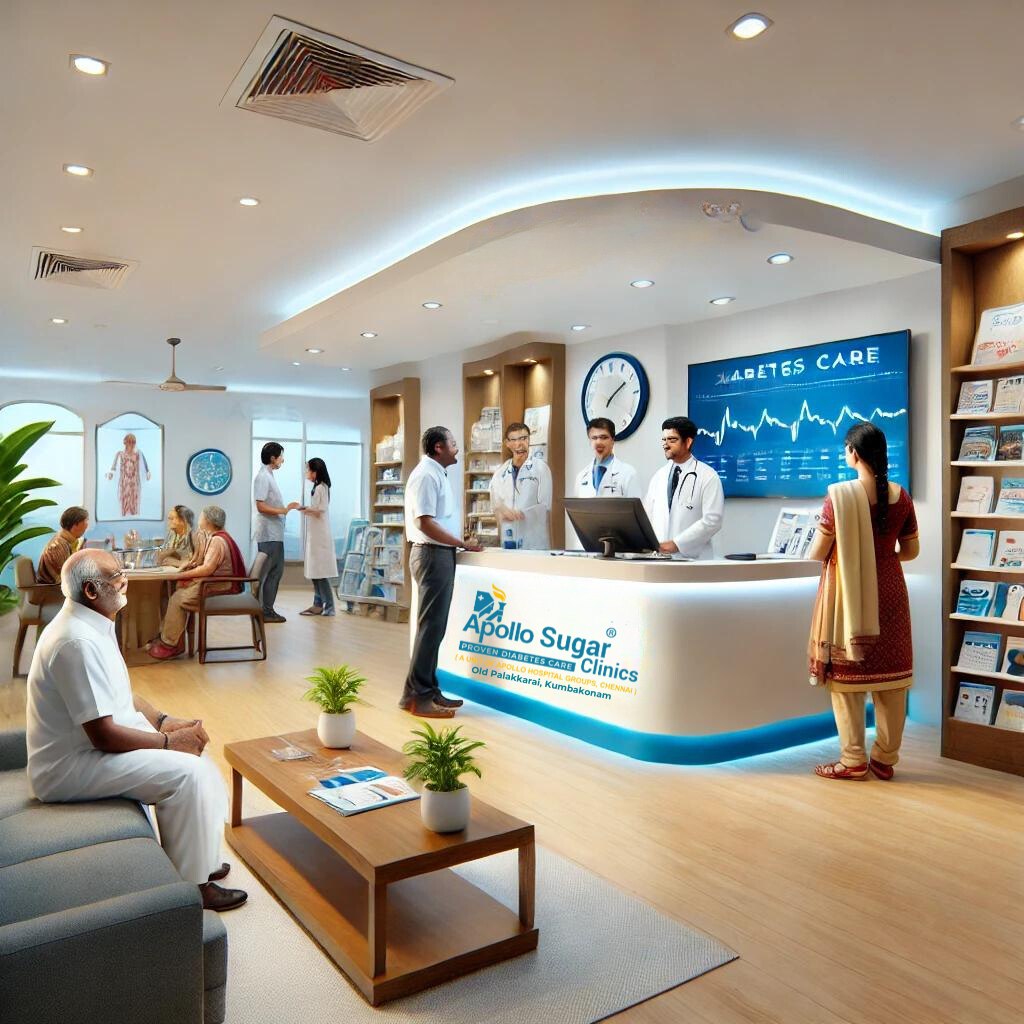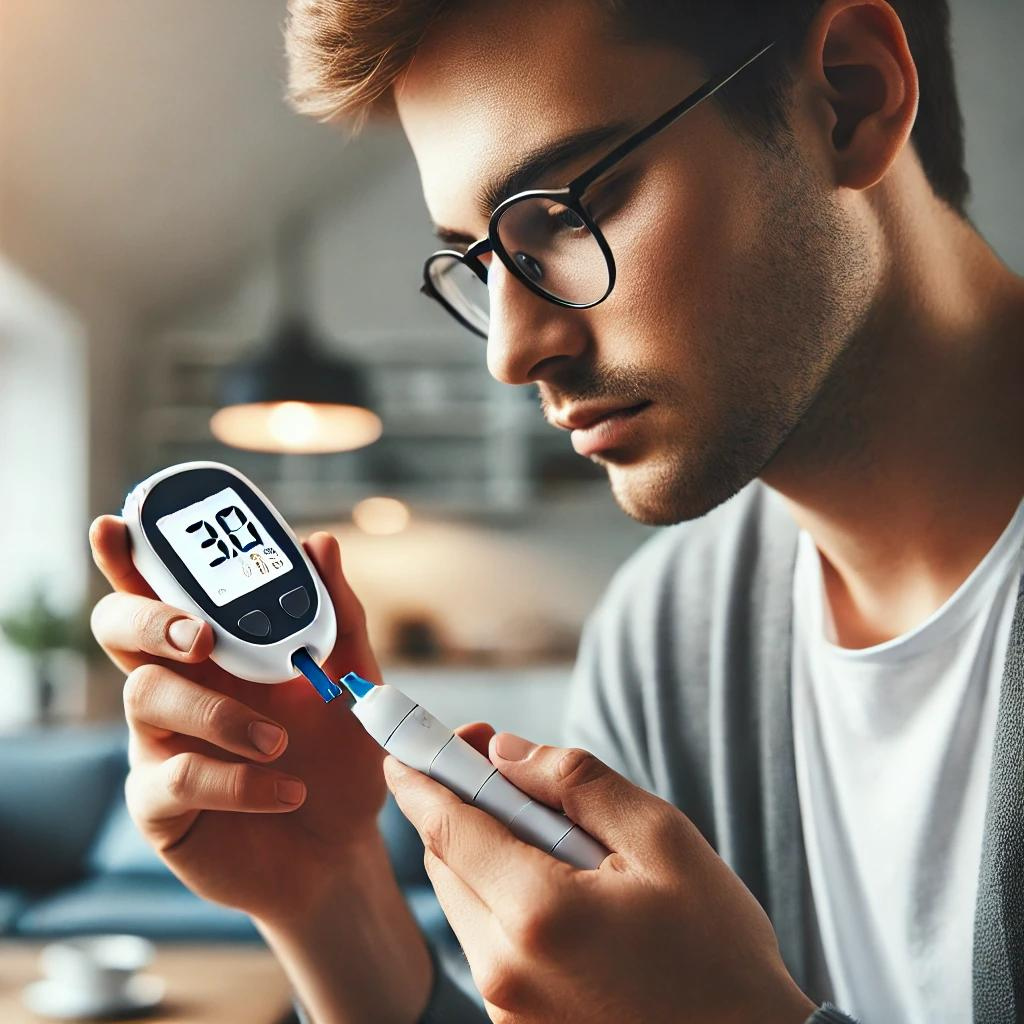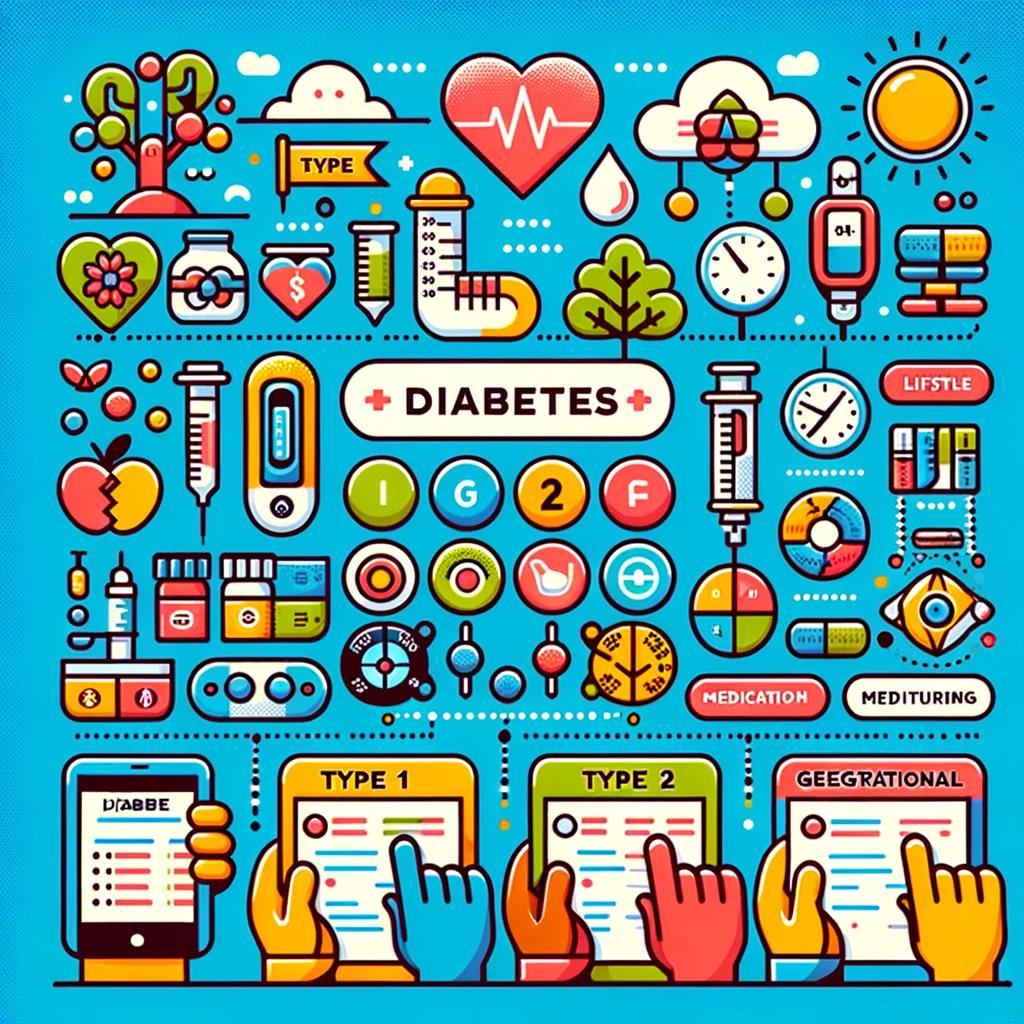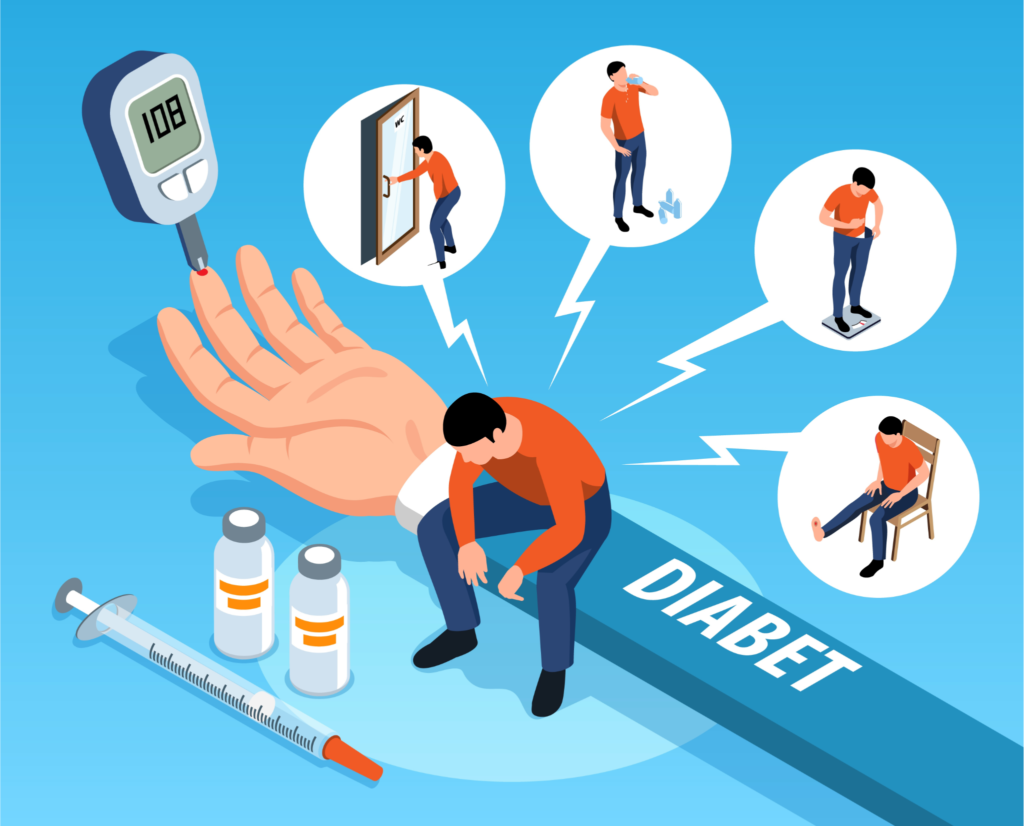Diabetic Cracked Feet Treatment Near Me
Diabetic Cracked Feet Treatment Near Me Effective Diabetic Cracked Feet Treatment Near You: Comprehensive Care at Apollo Sugar Clinics Introduction Are you or a loved one dealing with diabetic cracked feet in your area? Managing diabetic cracked feet is crucial for maintaining your overall health and well-being. At Apollo Sugar Clinics, we specialize in providing comprehensive care and effective treatments for diabetic foot conditions to help you live a healthy, balanced life. Understanding Diabetic Cracked Feet What Are Diabetic Cracked Feet? Diabetic cracked feet occur when the skin on the feet becomes dry, thickened, and prone to cracking due to poor blood circulation and nerve damage associated with diabetes. This condition can cause various symptoms, including pain, infection, and difficulty walking. Diabetic cracked feet are commonly associated with uncontrolled blood sugar levels but can also occur in individuals with diabetes due to other factors such as improper footwear and lack of foot care. Symptoms of Diabetic Cracked Feet Dry Skin: The skin on the feet becomes excessively dry and rough. Thickened Skin: Areas of the feet, especially the heels, develop thick, calloused skin. Cracks and Fissures: The dry and thickened skin can crack, leading to painful fissures. Redness and Swelling: Infected cracks may cause redness and swelling around the affected area. Pain: Walking or standing can become painful due to the cracks and infections. Diabetic Cracked Feet Treatments Immediate Treatments If you experience symptoms of diabetic cracked feet, immediate action is required to manage them. Here are some quick treatments: Moisturizing: Apply a thick, diabetic-friendly moisturizer to the feet to keep the skin hydrated. Foot Soaks: Soak your feet in lukewarm water to soften the skin before applying moisturizer. Gentle Exfoliation: Use a pumice stone to gently remove dead skin cells and reduce thickened skin. Long-Term Management Long-term management of diabetic cracked feet involves understanding the underlying cause and making necessary lifestyle adjustments: Blood Sugar Control: Maintain stable blood sugar levels through diet, exercise, and medication. Proper Footwear: Wear well-fitted, supportive shoes to prevent pressure and friction on the feet. Regular Foot Care: Inspect your feet daily for any signs of cracks, redness, or swelling and address them promptly. Professional Foot Care: Schedule regular check-ups with a podiatrist for professional foot care and guidance. Our Approach to Diabetic Cracked Feet Treatment in Your Area Comprehensive Assessment During your initial visit, our experienced healthcare professionals will conduct a thorough assessment to understand your medical history, current health status, and specific needs. This may include foot exams, blood tests, and evaluations of your diabetes management. Personalized Treatment Plan Based on your assessment, we will develop a personalized treatment plan tailored to your unique needs. This plan may include specialized moisturizers, foot care routines, and recommendations for proper footwear. Ongoing Support and Monitoring We provide continuous support and monitoring to ensure your treatment plan is effective. Regular follow-up appointments and consultations help us track your progress, make necessary adjustments, and provide guidance to manage your condition effectively. Why Choose Apollo Sugar Clinics? Expertise and Experience: Our team of skilled healthcare professionals specializes in diabetes and diabetic foot management, ensuring you receive the best care possible. Patient-Centered Care: Your comfort and well-being are our top priorities. We strive to provide personalized care that addresses your specific needs and concerns. Advanced Technology: We use the latest medical technology and equipment to provide accurate diagnoses and effective treatments. Comprehensive Services: In addition to diabetic foot treatment, we offer a wide range of diabetes care services to support your overall health. BOOK YOUR APPOINTMENT TODAY! If you or a loved one is experiencing symptoms of diabetic cracked feet, schedule a consultation with us at Apollo Sugar Clinics in your area. Our friendly and knowledgeable staff is here to help you achieve healthy feet and improve your quality of life. F.A.Q 1. What causes diabetic cracked feet? Diabetic cracked feet are primarily caused by poor blood circulation and nerve damage associated with diabetes. These factors lead to dry, thickened skin that is prone to cracking. Other contributing factors include improper footwear, lack of foot care, and uncontrolled blood sugar levels. 2. What are the symptoms of diabetic cracked feet? Common symptoms include excessively dry skin, thickened skin (especially on the heels), cracks and fissures in the skin, redness and swelling around affected areas, and pain while walking or standing. 3. How can I prevent diabetic cracked feet? Preventative measures include maintaining stable blood sugar levels, wearing well-fitted and supportive shoes, moisturizing your feet regularly, inspecting your feet daily for any signs of cracks or redness, and scheduling regular check-ups with a podiatrist. 4. What immediate treatments are available for diabetic cracked feet? Immediate treatments include applying a thick, diabetic-friendly moisturizer to keep the skin hydrated, soaking your feet in lukewarm water to soften the skin before applying moisturizer, and using a pumice stone to gently remove dead skin cells and reduce thickened skin. 5. How does Apollo Sugar Clinics in Kumbakonam treat diabetic cracked feet? We start with a comprehensive assessment of your medical history and current health status. Based on this, we develop a personalized treatment plan that may include specialized moisturizers, foot care routines, and recommendations for proper footwear. Ongoing support and monitoring are provided to ensure the effectiveness of the treatment. 6. Why is it important to treat diabetic cracked feet? Untreated diabetic cracked feet can lead to severe complications such as infections, ulcers, and even amputations. Proper treatment helps prevent these complications and improves your overall quality of life.










